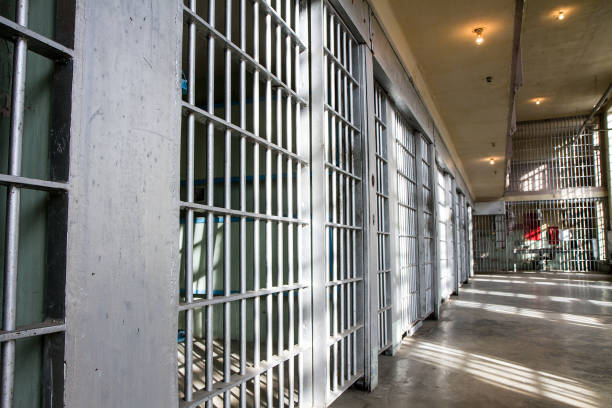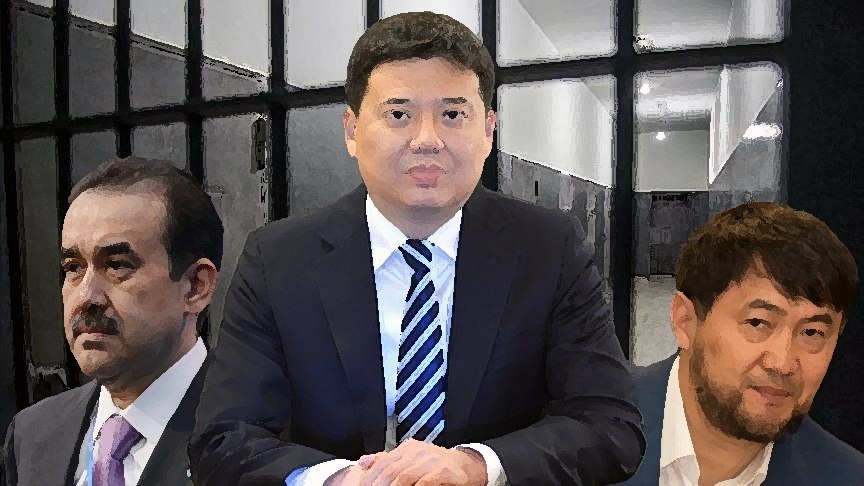Man Imprisoned in Kyrgyzstan for Evading Child Support
In Kyrgyzstan’s southern Batken region, a man who had evaded court-ordered child support payments since 2017 has been sentenced to two years in prison, according to the Bailiff Service under the Prosecutor General's Office of the Kyrgyz Republic. This is reportedly the first known prison sentence for such an offense in Kyrgyzstan, signaling a shift as authorities move to strengthen penalties against non-compliant parents following divorce. Under a July 3, 2017 ruling by the Batken District Court, the man was ordered to pay one-quarter of his income in child support until his child reached the age of 18. However, he failed to comply with the court’s decision. As of September 1, 2025, his arrears totaled 501,000 Kyrgyz som (approximately $5,700). On February 2, the Batken Regional Court sentenced him to two years in prison for non-payment. Klara Masalbekova, Head of the Department for Enforcement of Court Decisions at the Prosecutor General's Office, noted that failure to fulfill child-support obligations falls under Article 178 of Kyrgyzstan’s Criminal Code. This article has been progressively tightened in recent years. Under current law, evading child support can result in a prison sentence of up to three years. According to the Prosecutor General’s Office, 1,205 individuals in Kyrgyzstan are currently wanted for child-support evasion. The Family Code of the Kyrgyz Republic stipulates the following alimony contributions for children under 18: One child - 1/4 of the parent’s income Two children - 1/3 of the income Three or more children - 1/2 of the income In a related development, the Kyrgyz parliament has approved in the first reading a bill introducing stricter penalties for non-compliance with alimony agreements or court orders, 24.kg reported. The proposed measures include: Three days’ arrest for a three-month overdue payment Community service of 100-200 hours or up to one year of imprisonment for a 12-month overdue payment A fine of 100,000 som (approx. $1,140) or up to three years in prison for concealing income, understating wages, or refusing employment mandated by a court order The bill aims to reduce the number of delinquent child-support cases and improve compliance with family law rulings across the country.






